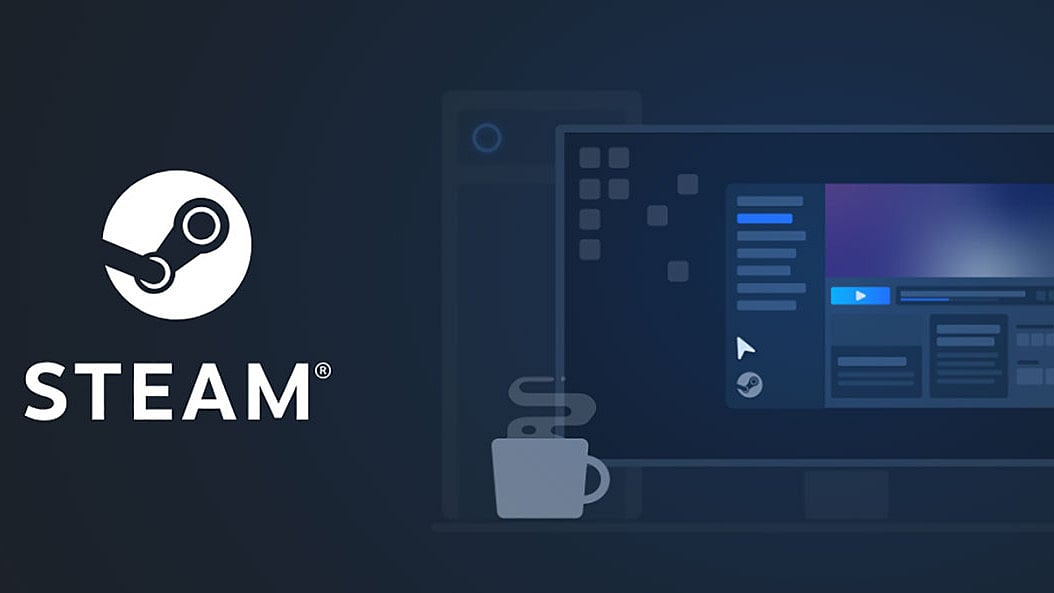
Major Gaming Platforms Hit by Suspected Record DDoS Attack
Gaming Giants Hit by Record-Breaking Cyberattack
Steam, Riot, and Other Platforms Disrupted by Record-Breaking Aisuru Botnet DDoS Attack
Highlights
- Steam and Riot Games went offline on Oct. 7, leaving millions unable to access titles like Valorant, CS2, and League of Legends.
- Experts blamed the Aisuru botnet for a record 29.69 Tbps DDoS attack, surpassing last month’s 22.2 Tbps, and also hitting Epic Games, AWS, and Cloudflare.
- The outage affected PlayStation Network, Hulu, and major ISPs, underscoring the rising threat of coordinated global cyberattacks.
Millions of gamers worldwide lost access to popular online platforms Tuesday as a massive distributed denial-of-service attack knocked Steam and Riot Games offline, in what cybersecurity experts are calling one of the largest such incidents on record.
The outages, which began around 3:30 a.m. India Standard Time, disrupted gameplay across major titles including Counter-Strike, Valorant and League of Legends. Riot Games temporarily disabled its ranked competitive queues as thousands of players reported sudden disconnections.
Cybersecurity researchers traced the attack to the Aisuru botnet, a network of roughly 300,000 compromised devices that unleashed 29.69 terabits per second of malicious traffic, surpassing the previous month's record of 22.2 Tbps. The botnet, first identified in August 2024, has repeatedly shattered traffic records in recent attacks.
TCPShield and other protection services confirmed active efforts to counter the attacks. The botnet employed so-called TCP carpet bomb techniques designed to mimic legitimate network traffic, complicating mitigation efforts.
How the Aisuru Botnet Disrupted Global Gaming Services
The disruptions extended well beyond gaming platforms. PlayStation Network, streaming service Hulu and major internet service providers including Xfinity and Cox reported outages, suggesting a coordinated global campaign. Users across Windows, macOS, iOS and Android devices experienced service interruptions, while cloud infrastructure providers AWS and Cloudflare also reported impacts.
Downdetector, which tracks service outages, recorded sharp spikes in user complaints about server timeouts and login failures throughout the day. Steam users faced delays accessing the platform's marketplace and matchmaking services, issues that typically accompany major game launches but in this case stemmed from malicious activity.
Security researchers warn that the infected devices powering Aisuru include everyday consumer electronics: home routers, security cameras, digital video recorders and internet-connected appliances. The botnet's composition underscores the vulnerability of the expanding Internet of Things ecosystem.
While most affected platforms have restored service, cybersecurity experts caution that the gaming industry should prepare for similar incidents. The scale of Tuesday's attack demonstrates that even well-resourced technology companies with sophisticated defenses remain exposed to evolving threats.

Author
Probaho Santra is a content writer at Outlook India with a master’s degree in journalism. Outside work, he enjoys photography, exploring new tech trends, and staying connected with the esports world.
Related Articles







